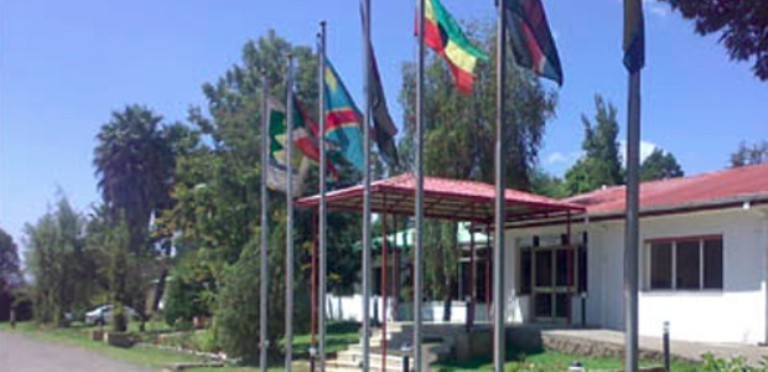ENTRO says Nile Basin Commission to be established

By Tesfa-Alem Tekle
August 12, 2017 (ADDIS ABABA) – The Eastern Nile Technical Regional Office (ENTRO) Saturday disclosed that Nile Basin Commission will be established to enforce demands of equitable utilization of the Nile river’s resources.
The commission will be established soon after three additional Nile Basin member states approve the Cooperative Framework Agreement (CFA). Ethiopia, Tanzania, and Rwanda have ratified CFA for the mandatory legal framework for the use of the Nile River in a fair and equitable manner.
According to ENTRO, the Nile Basin Commission will help contribute to fair and equitable utilization of Nile River.
Six upstream countries Ethiopia, Uganda, Tanzania, Rwanda, Kenya, and Burundi signed the Nile Cooperation Framework Agreement that establishes the Nile Basin Commission for fair utilization of Nile water resources in 2010 and 2011.
Egypt which depends totally on the Nile and Sudan are opposed to this agreement which will modify a treaty signed during the colonial era between Egypt and Britain in 1929 that gives Egypt 66% of the Nile water.
Eastern Nile Technical Regional Office (ENTRO) Director-General, Fek-Ahmed Negash told the state-run Ethiopia News Agency that only three riparian countries need to approve the agreement to establish the Nile Basin Commission.
The four countries, namely South Sudan, Burundi, Kenya and Uganda, have accepted the agreement and are in the process of ratifying the agreements; and if three countries ratify the agreement the commission will be established, he noted.
The failure of DR Congo to sign the agreement is accepted but the rejection of Sudan and Egypt could not. Therefore, It hinders the establishment of the Nile Basin Commission,” stressed Director-General Negash.
Elaborating the significance of the agreement, he said “Nile Basin countries have no legal framework. This will make the countries use the water as they like and this may lead the countries to enter into conflict.”
According to him, the legal framework will enable the Nile Basin countries to utilize water in a fair and reasonable manner and strengthen their relations.
Addis Ababa University Lecturer and Cross-border Rivers Researcher, Dr.Yaqob Arsano said Sudan and Egypt will not benefit from rejecting the agreement, rather than being harmed as a result.
He added that countries that do not sign the agreement will face problem to use the water in a fair way, while the countries which signed will have national and sovereignty rights to develop it in ways that benefit them.
(ST)
